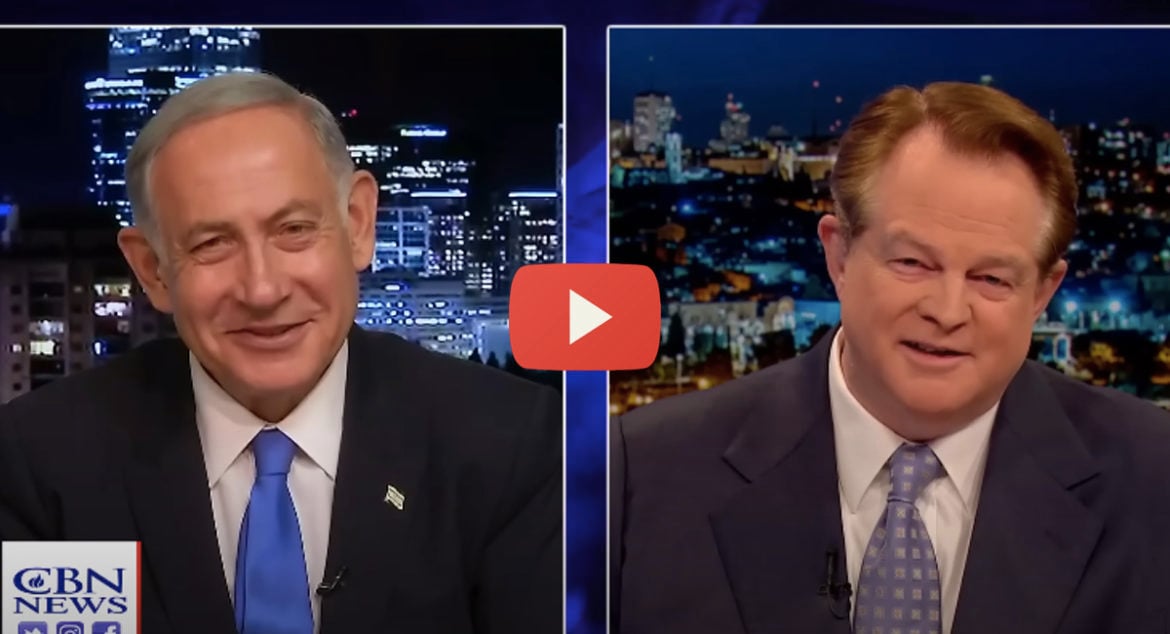What has Benjamin Netanyahu done to establish himself as the longest serving Prime Minister in Israel’s short history? The answer is – a lot of things. His political activist career began in the very late 70’s, and into the early 80’s. But he became a national figure in Israel in the mid 80’s. By the late 80’s and early 90’s he was already an up and coming leader of the Likud Party who was being discussed as a potential leader.
Benjamin Netanyahu is a middle child. His father, Benzion Netanyahu lived a long life, older than 100, and was a clear-headed, professor-activist. During World War II, Benzion Netanyahu was one of the leaders of the Irgun Movement outside of the State of Israel. It was a stormy time in the world and the different Jewish leaders of varying groups were bitter rivals. The elder Netanyahu belonged to the anti-socialist, more activist Zionist group that had a strong anti-British ideology. His scholarship led to his appointment decades later as one of the heads of the monumental work, Encyclopedia Judaica.
The three Netanyahu children were all raised in a deeply ideological home that was staunchly Zionist. They spent half of their childhood in America and half in Israel, becoming fluent in both English and Hebrew. They had the best of both worlds. When the eldest brother Yoni reached the age of army service, he volunteered to the most elite units, and rose up to become the commander of Israel’s most elite unit. Benjamin, and little brother Udi, followed suit a few years later. Both Yoni and Benjamin fought in the 1973 Yom Kippur War.
In 1976, Yoni led the raid on Entebbe, freeing 103 Jews that were taken hostage by German and Arab terrorists in Uganda. Yoni was killed in the raid. Benjamin Netanyahu was profoundly impacted by his brother’s death and became an activist who spoke and organized conferences on how to lead the worldwide War on Terror. He was not yet 30 years old, but was already an articulate spokesman on the subject.
During the 80’s and early 90’s, Benjamin Netanyahu served as Israel’s Ambassador to the UN, and assistant foreign minister. He became the #1 spokesman for the State of Israel on the world stage. Israel’s Prime Ministers, Menachem Begin, Yitzhak Shamir and Shimon Peres were not as articulate in English. But, the big change happened in 1992. Yitzhak Rabin won the national election and the young Netanyahu was elected to be the head of the opposition, Likud Party. Netanyahu rose to the occasion and led the fight against appeasement to terror. In 1996, in a very close election, Netanyahu prevailed and became Prime Minister of Israel, still in his 40’s. He was the youngest elected Prime Minister of Israel.
His first order of business was to refocus Israel and the rest of the world on the #1 priority in terms of Israel’s defense – focusing on Iran. More than 25 years later, he has not taken his eye off of Iran. This focus on Israel’s security has solidified him as Mr. Security to so many Israelis. But Netanyahu’s legacy will be for more than helping stabilize Israel’s security. Netanyahu served as Finance Minister under Ariel Sharon. In this capacity, he led the freeing up of Israel’s economy from much of the bureaucratic shackles that held back growth and advancement. The massive economic growth has largely been attributed to Netanyahu’s economic policies. He certainly takes credit for it. His detractors claim otherwise.
Netanyahu battled Barack Obama publicly and privately. They did not have a warm relationship. But Netanyahu and Trump got along much better. He has signed peace treaties with multiple Arab countries, most recently with UAE and Bahrain in the historic Abraham Accords. Many believe that this will be looked at as one of the greatest tectonic shifts in the Middle East. Donald Trump and Netanyahu take credit for that accomplishment. They deserve it.
Netanyahu will probably continue being a factor in Israeli political life for the next decade. His experience and standing on the world stage has grown over time. His able leadership has led to his reelection so many times. But his internal opposition has also grown over time, especially as Netanyahu proves time and again that he will allow nobody to become too popular as to pose as an alternative to him at the helm. It will be interesting to watch what Netanyahu does in his fifth decade of public service. Will he change and finally begin to cultivate future leaders or will he continue to solidify his hold on the reigns of power?


